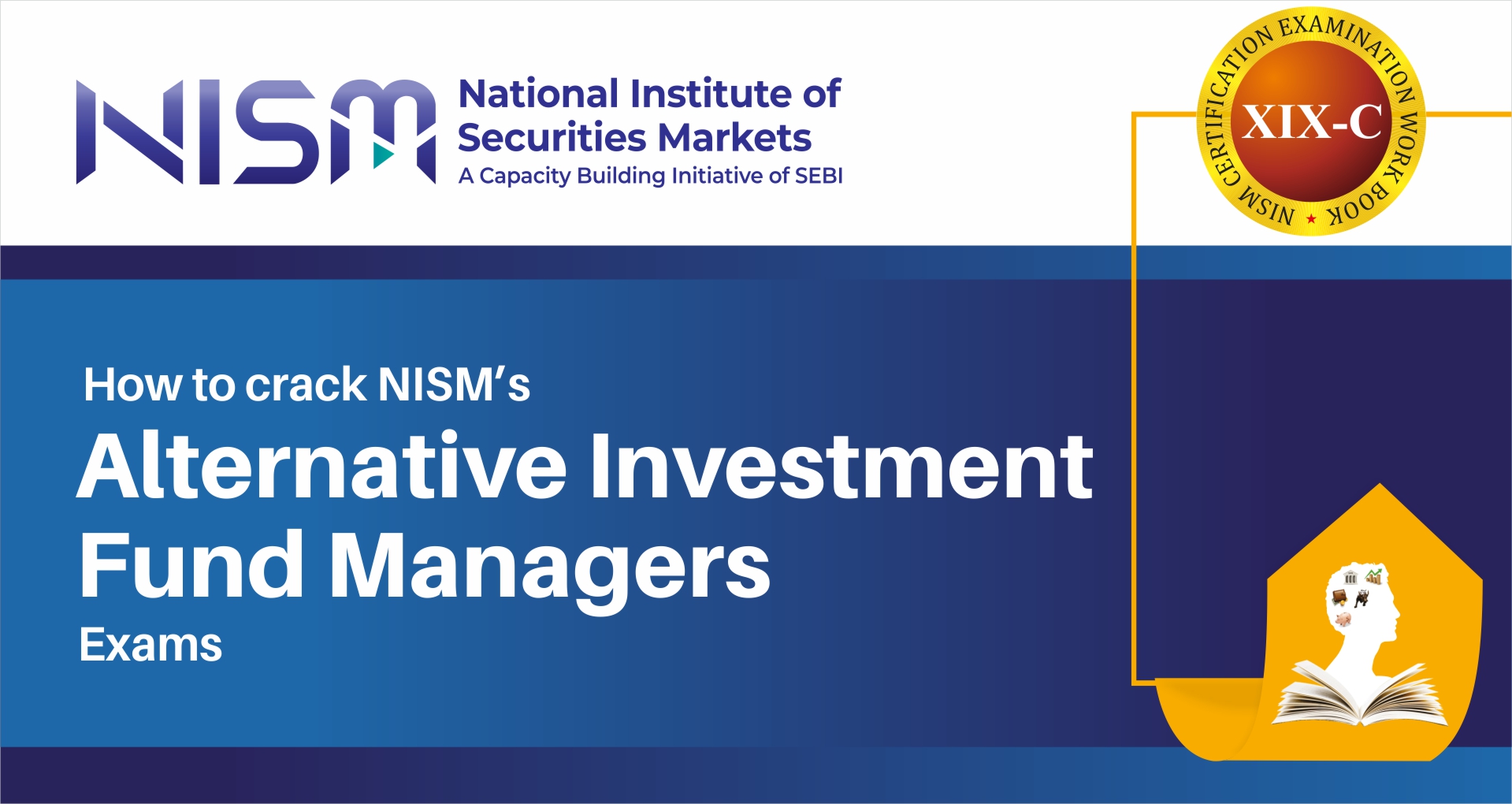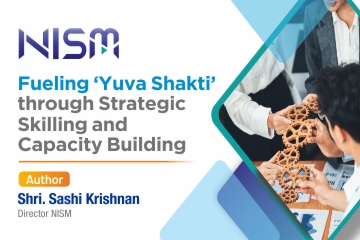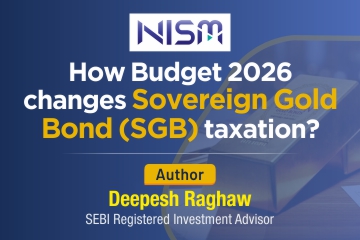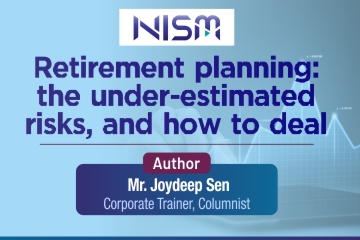
NISM currently offers 3 Alternative Investment Fund (AIF) Certification Examinations for Fund Managers. This article will try to address the rationale for 3 AIF Managers exams, the differences among these 3 exams and some common queries that learners may have.
The first AIF Manager Exam was launched in January 17, 2024 by NISM. It is known as NISM Series-XIX-C: Alternative Investment Fund Managers Certification Examination. The need for this Certification Examination originated from the requirement by SEBI to create a common minimum knowledge benchmark for AIF Managers and its key investment team. Through a circular dated May 13, 2024, SEBI mandated that at least 1 person from the Key Investment Team of an AIF Manager should have relevant certification (as one of the criteria) in order to obtain certificate of registration as an AIF. Series-XIX-C: AIF Managers Certification Examination focuses on fund management aspects of all three categories of AIFs.
An AIF Manager may have relevant educational qualifications, such as, CA, MBA, Post-Graduation etc, and even have experience managing funds; but this may still not be enough to know the basics of Fund Management activities of an AIF as this Industry is unique and developing rapidly since the last decade. Ticket sizes for investment are much higher, typically starting at Rs 1 crore, handling a class of sophisticated investors who have higher return expectations. Further, AIFs invest in unlisted private markets and thus the level of complexities and risks involved are also higher. The mechanics of dividend distribution, cash flows and return metrics, apart from taxation and fund governance, are also unique in nature and quite distinct from processes followed by other pooled investment vehicles. For all these reasons, SEBI rightly was concerned on ensuring that the AIF Managers be equipped with adequate knowledge to manage AIFs efficiently.
However, this exam is not just for AIF Investment Team personnel but also for anyone interested to know the workings of an AIF or want to make a career in the fast-growing AIF Industry.
Last year before I joined NISM, I was fascinated to know more about AIFs. Having spent more than 2 decades in the Mutual Fund Industry, I felt the AIF Industry might be a natural career progression for me or at the very least I should know more about this industry. Upskilling and enhancing knowledge in a fast-changing world is important for anyone and with time at my disposal, I decided to appear for an Exam after nearly 25 years! Listing below a few learnings from my own experience of appearing for the exam.
While Series-XIX-C made its debut in January 2024, and became mandatory vide the SEBI Circular published in May 2024 (with a deadline of 9th May 2025 to clear the exam), In a recent development, Industry Associations represented to SEBI to provide an option to split the categories as it was felt that most AIFs either manage Category I and II AIFs or Category III AIFs. Accordingly, NISM was tasked by SEBI to create and launch two separate examinations, one for only Category I and II AIFs and another for Category III AIFs. On May 1, 2025, NISM launched Series-XIX-D: Category I and II AIF Managers and Series-XIX-E: Category III AIF Managers Certification Examinations.
Candidates who have already cleared Series-XIX-C are not required to again take Series-XIX-D or Series-XIX-E exams. The key question many have is whether they can take Series-XIX-D or Series-XIX-E in lieu of Series-XIX-C for meeting the SEBI requirement. A formal Gazette notification needs to be issued by SEBI to mandate these 2 exams (i.e. Series-XIX-D and Series-XIX-E), so that these examinations are also considered as the requisite certifications for respective AIF categories. As on end of May 2025, such notification is awaited.
Meanwhile SEBI has also provided an extension in the date to clear Series-XIX-C Certification Examination from the earlier May 9, 2025 to July 31, 2025 based on representations from Industry bodies and to ease burden of compliance.
The workbooks of Series-XIX-D and Series-XIX-E are expectedly smaller in size in terms of number of pages. XIX D is about 390 pages and XIX E about 445 pages. The test duration is also revised: 2 hrs for each exam, whereas Series-XIX-C is of 3 hrs. Similarly, the number of questions is also lesser: 80 questions each instead of 120 questions. So, its good news for learners who want to study for only Category I and II or Category III rather than studying all 3 categories together. However, from an overall knowledge perspective I would still urge those who want to make a career in the AIF industry, know more about AIFs or even investors who may invest across all Categories of AIFs to take the comprehensive Series-XIX-C exam.
Like other NISM workbooks, the AIF Manager study material may also undergo periodic revisions to incorporate new/modified regulations, changes in taxation, fund management aspects etc. Thus, it is always advisable to download the study material from NISM website and check the Workbook version mentioned in the beginning of the workbook so that one studies the most recent one. NISM study materials are freely downloadable from the NISM website at: https://api.nism.ac.in/cmp/
For a detailed understanding of these 3 AIF Managers examinations, please refer to the following:
Author,
Ms. Bekxy Kuriakose
GM – Content, NISM

The Union Budget 2026, presented by Finance Minister Nirmala Sitharaman, marks a watershed moment in India’s economic narrative. Dubbed the…

The Budget 2026 brought a huge setback for the Sovereign Gold Bond (SGB) investors. Before Budget 2026, all redemptions of…

Volatility risk is well known, but that is usually less dangerous Retirees fear market volatility, and volatility is a risk…
© 2026 National Institute of Securities Markets (NISM). All rights reserved.